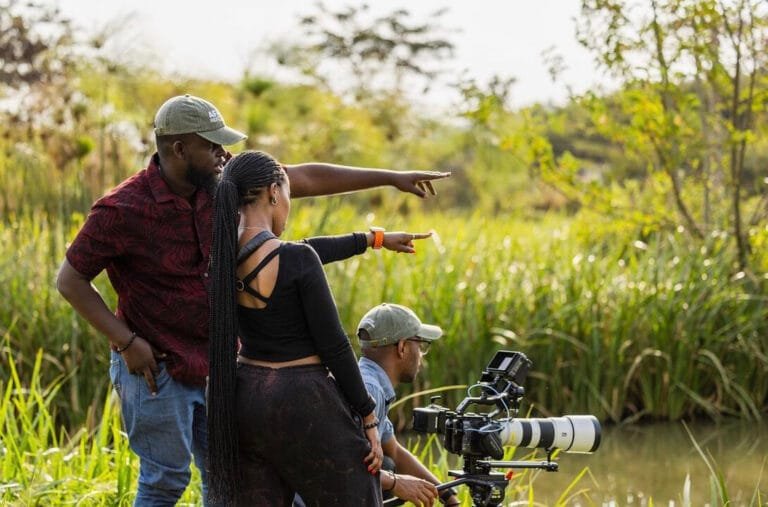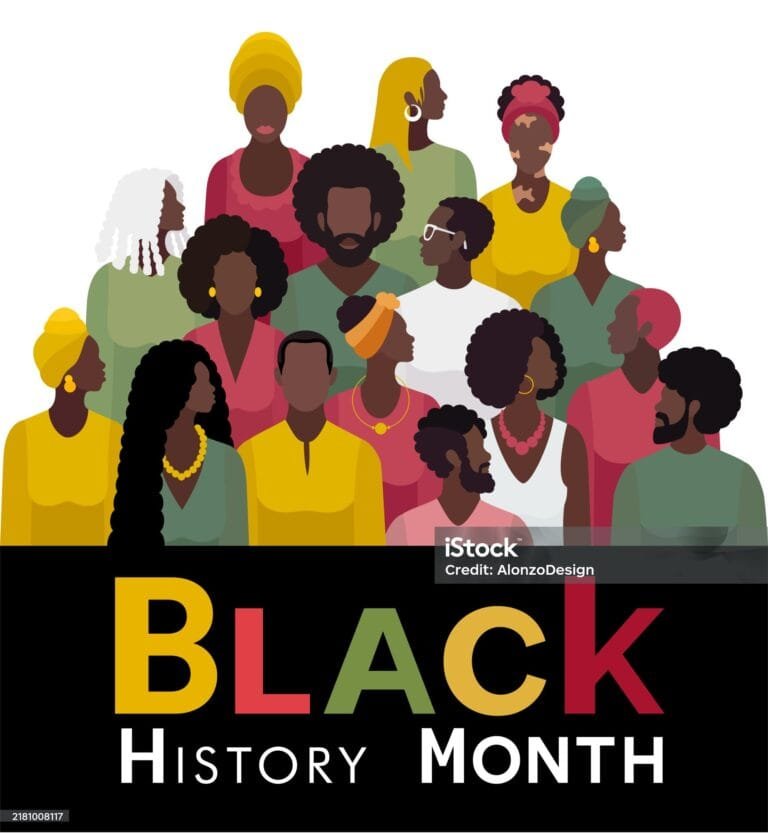The Essence of African Literature: From Griots to Global Bookshelves

African literature represents more than just stories; it embodies a legacy of voices, struggles, pride, and resilience—all that Africa represents, passed down from griots to global bookshelves. This literature combines oral traditions, ancestral knowledge, and modern storytelling to teach, preserve, and transform.
Growing up in the Jahanka village of Dampha Kunda in Basse, The Gambia, I learned how stories can shape lives. I have friends from all the caste systems of the town: the smiths, the griots, the marabouts, the peasants, and the wealthy. They all teach me something. I aim to incorporate all these experiences into my stories, enriching Gambian literature with authentic narratives and prose.
The Power of Oral Traditions
During the winter months, we would gather around firesides, and during the day, we would follow the sounds of drums to street corners, where griots would entertain us with their music. They educated us and preserved our languages for future generations. These griots embodied the soul of our people with their words. This oral foundation continues to resonate in African writing, although it is gradually fading.
Learn more about griots and oral storytelling in African culture (Britannica)
Challenging Stereotypes Through Storytelling
For too long, Africa has been misrepresented in global literature. But modern African writers are shifting that narrative. We showcase diverse cultures, languages, and experiences because Africa is not a monolith.
Each story I write is part of this mission. Like Chinua Achebe, I believe in using fiction to correct distortions, inspire pride, and challenge oversimplified images of our continent.
How Chinua Achebe redefined African literature (The Guardian)
Technology and Storytelling: Africa Goes Digital
Today, digital platforms are amplifying African voices more than ever. Social media, blogs, podcasts, and self-publishing give African writers control of their narratives. We no longer wait for Western approval—we tell our own stories.
Gambian and African literature are deeply tied to speech and performance. From griot chants to spoken word, that’s what makes African literature unique: It speaks. It sings. It breathes.
Explore My Books and More
Explore My Books on African Identity & Memory
- The Little Book of Afrocanos: A bold call for mental decolonisation and the celebration of African thinkers.
- Five and Half Senses: A poetic reflection on human perception and African spirituality.
- A Diary of Migration: Il Deserto Non Ha Cielo: A personal memoir chronicling my journey from The Gambia to Italy.
Frequently Asked Questions (FAQs)
- What makes African literature unique?
It combines oral traditions, ancestral memory, and modern themes. It speaks with community, rhythm, and resilience. - How does African literature challenge stereotypes?
It portrays Africa as complex, diverse, and evolving—far from the colonial “single story.” - Who are some iconic African writers?
Ngũgĩ wThiong’o’o, Chinua Achebe, Chimamanda Ngozi Adichie, and emerging voices from The Gambia. - Why is Gambian literature important?
It highlights unique cultural stories, languages, and postcolonial perspectives—adding depth to African literature. - How can I support African authors?
Buy their books, share their work, and engage with their content online.





Pingback: The Cultural Misrepresentation of Africa — Lamin Ceesay
Pingback: African storytelling: Connecting Africa's Past to the Present. — Lamin Ceesay
Pingback: 10 Gambian Writers You Should Know (Updated 2025) — Lamin Ceesay
Pingback: African Women Writers: Voices of Change — Lamin Ceesay
Pingback: Reviving the Rich Heritage of African Folk Tales — Lamin Ceesay